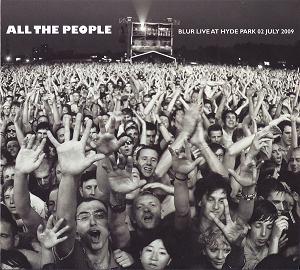Community
June 13, 2014
“All the People”: A Look at Qualitative Research
“Meeting people, all the people, all the time” makes Anouk Lang’s list of “Thirty-three ways of Looking at a DHSI Week.” Similarly, DHSI is all about networks for Hannah McGregor. Reading through the many posts about DEMiC 2015, I am reminded about what I missed most about DHSI—the people. That’s right, I did not attend DHSI this year, but, in a fit of nostalgia, I am thinking about my past experiences. Last year, I wrote about the Digital Databases course. This year, I want to talk about what I left out: the qualitative research.
DHSI is, at least in part, about meeting people. Last year, I met “all the people,” which included two scholars who had worked on Carroll Aikins. As a bit of a recap, I am working on a critical edition of Aikins’s play “The God of Gods” (1919), which premiered in Birmingham, England, and involves Nietzschean intertexts, theosophy, an Aboriginal reserve, a loose adaptation of Shakespeare’s Romeo and Juliet, and anti-war sentiment, to name a few. DHSI brought me to Victoria, B.C. and to the stomping ground of James Hoffman (Thompson Rivers University) and Jerry Wasserman (University of British Columbia). Jerry offered to send me photographs of the first Birmingham production, which were waiting in my mailbox upon my return from the West Coast. James met with me several times to discuss his past research of Aikins, he lent me the manuscripts of Aikins’ unpublished plays, he shared theatre reviews of The God of Gods (some of which I had not yet uncovered!), and last but not least, he regaled me in stories about meeting Aikins’s family. Qualitative research, it seems, also played a major part in James’s work. I should probably mention that all of this wonderful research and sharing was unplanned: I met Jerry and James at separate talks, introduced myself and my work, and they offered the rest.
As if DHSI 2014 wasn’t already a gold mine of learning and of scholarly networks, it was also during a DEMiC social event that I connected with Melissa Dalgleish. As a result of that meeting, Melissa (who writes a series of posts about alt-ac work) is now working as a RA on the Aikins project (more about her RA work to come in a later post).
I can’t help but feel how indebted I am to qualitative research and to the generosity of scholars like Jerry, James, and Melissa as well as to networks of people like EMiC.
Figure 1Hart House Theatre: The God of Gods was performed at Hart House Theatre in 1922.
Qualitative research is important in the field of drama because the form relies on theatre reviewers or people’s personal notebooks to record production details. Do you engage with qualitative research in your work?

